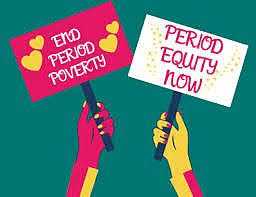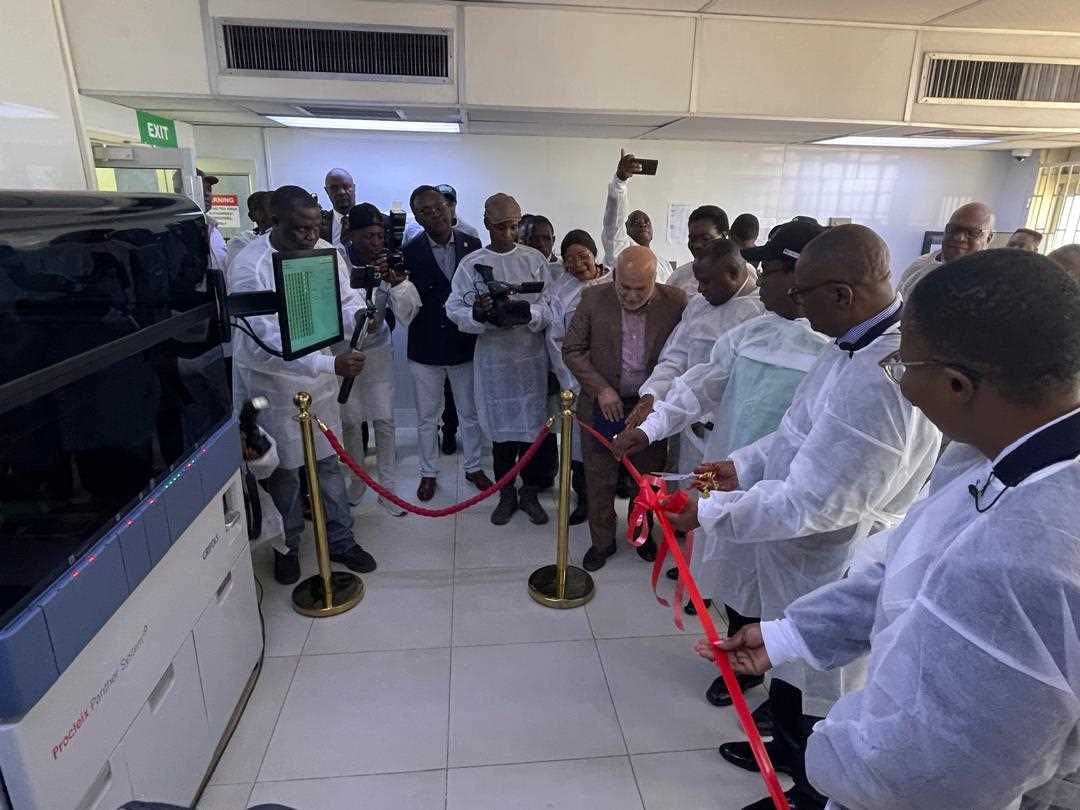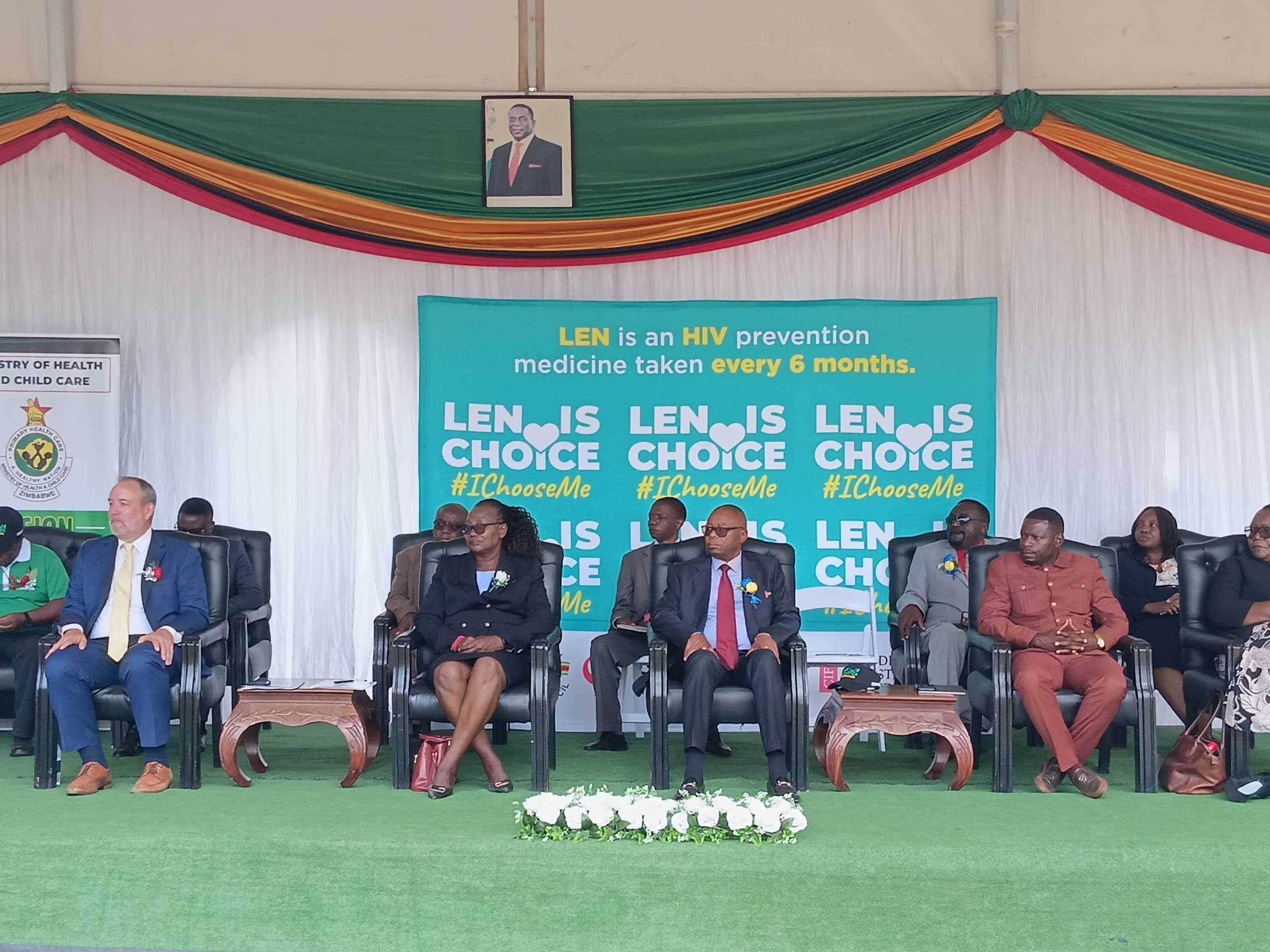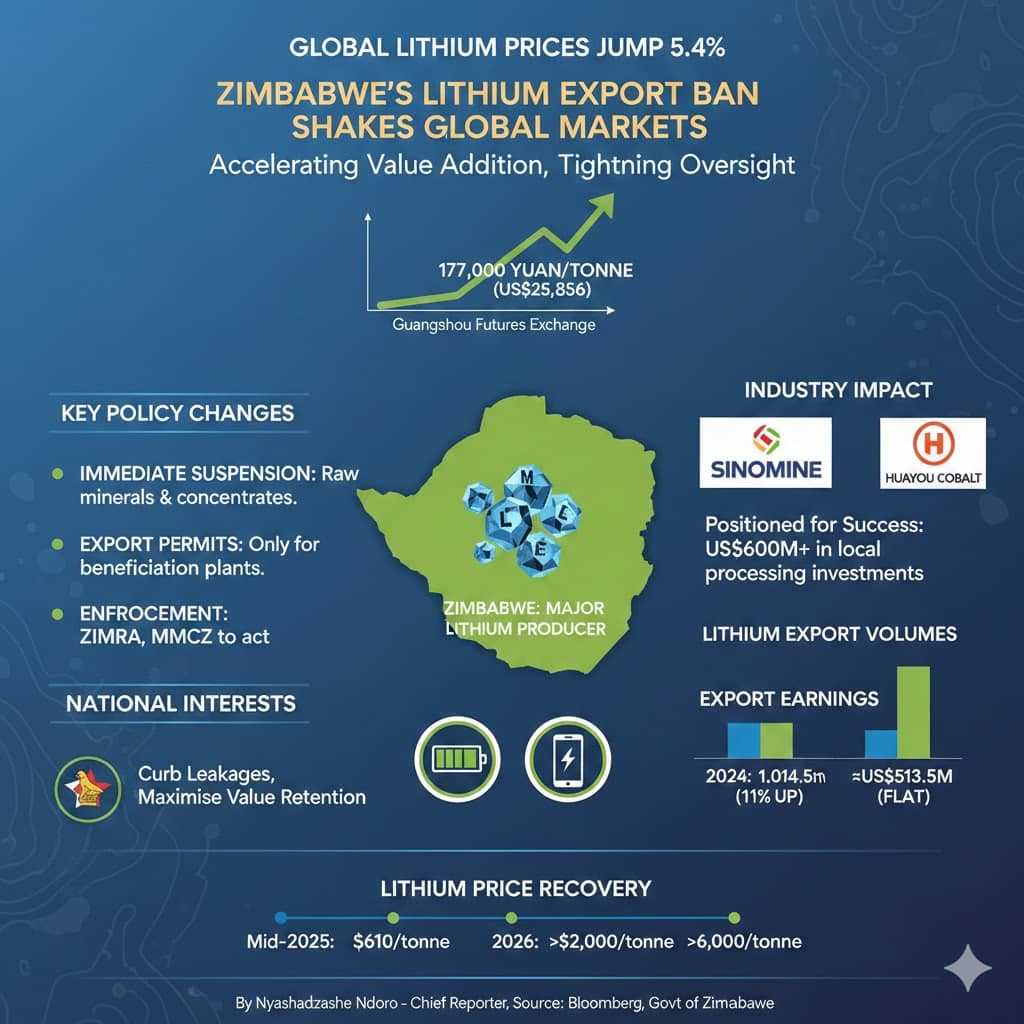
Mazhindu Rutendo- Zim Now Reporter
In the hushed corners of Zimbabwe's rural and peri-urban communities, a silent crisis unfolds monthly.
Thousands of girls, burdened by poverty, face menstruation not as a natural process, but as a gruelling battle for dignity, education, and basic health.
The stark reality: 72% of Zimbabwean women and girls cannot afford menstrual products, forcing them into desperate measures that jeopardise their well-being. This is not just a Zimbabwean problem; it's a continental scar.
The statistics paint a grim picture. Makeshift alternatives like newspapers, rags, old clothes, and even cow dung are their monthly burden. Health experts warn of the devastating consequences. Dr. Kwashata of Biotic Health Care emphasises the heightened risk of infections: "These methods lead girls and women to infections such as yeast infections, Candida albicans, and urogenital tract infections.
If inserted into the vaginal tract, they can even cause cervical cancer." Reusable pads, often contaminated, become breeding grounds for bacteria like Salmonella, Staphylococcus, and E. coli.
Beyond health, the crisis steals their education. An average of four school days missed per month translates to over 40 days annually, crippling their academic performance. Tanatswa Maradzike, 16, voices the silent suffering: "The situation is unbearable. I can’t afford to buy sanitary pads, and sometimes I skip lessons for fear of being mocked. I make use of worn-out clothes, as well as leaves and newspapers, to contain the flow."
Another girl from Dema shares her monthly dread: "When the time of the month approaches, I start to get anxiety attacks. We can’t afford pads. I have always used cow dung because it’s readily available. We mold it, leave it to dry, then wrap a cloth around it before we use it."
Related Stories
The crisis echoes across Africa. A staggering 65% of African women and girls face period poverty. A study reveals that 10% of 15-year-old girls engage in sex for money to buy pads, a harrowing statistic that underscores the depth of their desperation.
In Nigeria, 37 million women and girls lack access to menstrual products, pain medication, and even underwear. In Ghana, female footballers, burdened by a luxury tax on sanitary pads, miss matches or resort to theft.
Stigma compounds the suffering. 34% of schoolgirls report being mocked, 26% feel isolated, and 13% endure boys' taunts. Many dry their menstrual underwear in secret, hidden under beds, their shame a heavy cloak.
Rachel Nyasha, founder of Dry and Happy Period, witnesses the struggle in Epworth: "Purchasing sanitary pads is often considered a luxury they can’t afford. Girls are forced to use unhygienic materials... They end up missing school."
Florence Kagungwa, founder of Living Dreams International, emphasizes the impact on girls' well-being: "The challenges faced by girls during their menstrual period threaten their education and general well-being."
Daisy Muzopa, founder of Get It with Daisy, advocates for long-term solutions: "There is a need for long-term solutions, including teaching girls to sew reusable pads and advocating for free sanitary products in schools."
Esther Band of Youths in Purpose Trust calls for collective action: "Organizations should join hands and help women and girls who cannot afford to buy sanitary wear to eradicate period poverty in Zimbabwe."
Dr. Kwashata reiterates the need for local solutions: "We need pads that are locally manufactured. We grow cotton in Zimbabwe, yet we import pads. Something has to give so that we can end period poverty."




















Leave Comments